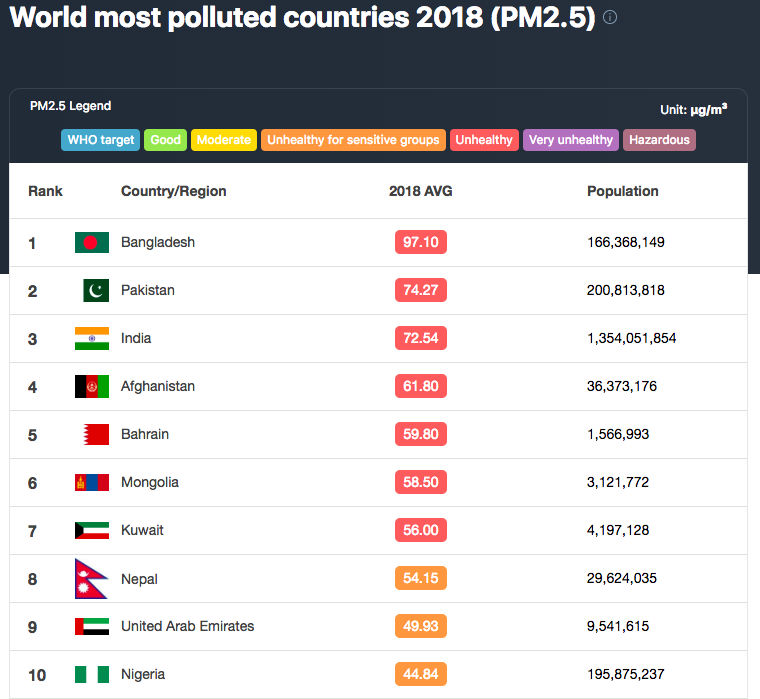In many of first’s collaborations, the Indo-Pak trans-boundary communicative has begun working with the neighbors to set up real-time air quality monitors.
The citizen science collaboration is an initiative in Islamabad that deals with providing open data to Pakistan citizens so that they get timely air pollution updates. This will take place in a few major cities first and then expand accordingly.
This decision to place real-time air quality monitors was taken at the ‘Clean Air for South Asia’ conference organized by US state departments in TechCamp in Kathmandu, Nepal last week. Karachi was the first place where these real-time air monitoring devices got installed on Friday. These monitors will be mostly focused on monitoring PM 2.5, PM 10. Additional funds that will be necessary to expand this effort to other cities like Karachi, Lahore, Islamabad, etc will undergo soon.
As reported by Hindustan Times, a Pakistani government official said that due to the government’s lack of initial attention air quality data was insufficient. Air Quality monitoring in Pakistan is recorded and maintained by different provincial bodies without the central government’s involvement.

Zaigam Abaas Baloch, deputy director of the Pak Environment Protection Agency, Ministry of Climate Change recently said that they have been currently using outdated air quality equipment for major cities that were obtained from the Japan International Cooperation Agency (JICA) in early 2007. He said that the project ended in 2012 and so the data provided by the monitors are no more effective, serving no purpose whatsoever. Looking at how the new ones installed in Islamabad are providing real-time Air monitoring, this step needs to be replicated throughout the country.
Pakistan currently has 20 manual air quality monitoring stations across various cities. The Ministry of Climate Change has reached out to the Pakistan government for more funds but the funding is supposed to come through China enhancing the monitoring situations in the country.
Seven million premature deaths happen due to Air Pollution every year according to the WHO (World Health Organisation). This is not only one of the greatest environmental risk, but a big risk to human health too. According to Greenpeace and IQ AirVisual, Asian cities have dominated the highest when it comes to PM 2.5 levels during 2018. Most cities from Bangladesh, India, and Pakistan are among the most polluted in the entire world.
Ronak Sutaria, founder of UrbanScience said that The collaboration between Indo-Pak aims at enabling an informed dialogue around air quality between citizens, civic officials and policymakers so that they address the trans-boundary issue of air pollution between the two countries.